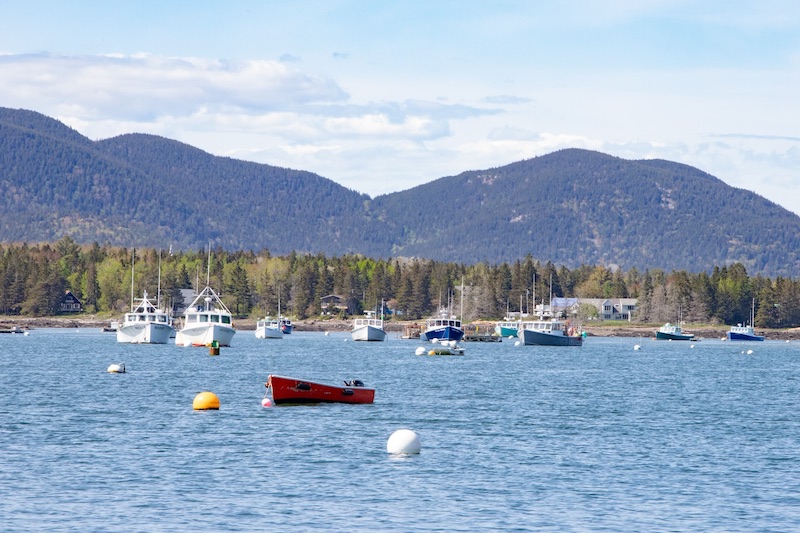The cost and reliability of energy is a real concern for communities across the country. With skyrocketing gas and oil prices and increasing disruptions from severe weather events as a result of climate change, the need for reliable, affordable, clean, and locally relevant energy is critical and growing.
Through our work in Maine’s coastal and island communities, we have seen how this problem impacts island and remote in particular. Here, the cost of energy is typically higher than the national average. Having a reliable energy system is especially important for places that are geographically isolated and where proximity to the ocean can increase vulnerability to extreme weather events and other climate change phenomena.
To help communities address these types of unique energy challenges, the Department of Energy (DOE) created the Energy Transitions Initiatives Partnership Program (ETIPP)—an initiative we are proud to support for a second year as regional partner. Through best-in-class technical assistance and expertise from the DOE, National Renewable Energy Lab, and other regional partners from across the country, this program makes transitioning to a more resilient energy system feasible. The tools and resources provided help to reduce vulnerabilities and the risk of outages, create more robust infrastructure, and improve the energy and economic trajectories of towns across the country.
In June, twelve communities were selected to participate in the program’s second cohort. The Island Institute continues to serve as the regional partner for the towns of Islesboro and Eastport Maine, and we are proud to expand this effort by supporting three new communities—Aquinnah and Chilmark on Martha’s Vineyard in Massachusetts, Mount Desert Island in Maine, and Beaver Island in Michigan.
Aquinnah and Chilmark on Martha’s Vineyard in Massachusetts, Mount Desert Island in Maine, and Beaver Island in Michigan are three new communities that were selected for ETIPP’s Northeast Cohort 2.
After their hard work submitting successful applications, these communities were selected due to their unique energy challenges—as each have different needs and objectives. Aquinnah and Chilmark’s goal is to reach 100% renewable energy by 2040 with retrofits for municipal buildings, distributed energy resources, and microgrids. Beaver Island’s ETIPP project will assess opportunities for energy transitions to increase energy security through local production and storage options. One goal is for these solutions to reduce the cost of energy and increase energy related jobs locally. Mount Desert Island’s ETIPP assistance will address renewable energy integration, energy storage, energy efficiency and the potential of a microgrid that would increase the community’s energy resilience to extreme weather events.
All three communities will complete ETIPP projects over the next 18 months. After their projects are completed, the communities will receive reports based on the scoping and data collection phases from the labs team they were assigned to during their technical assistance. These reports will help communities design locally relevant plans to transition their energy systems. The Island Institute will continue to collaborate and support these communities after the technical assistance is complete. As this process gets underway, we are eager to work with these new communities and explore options to create energy resiliency and a bright outlook for the future.


